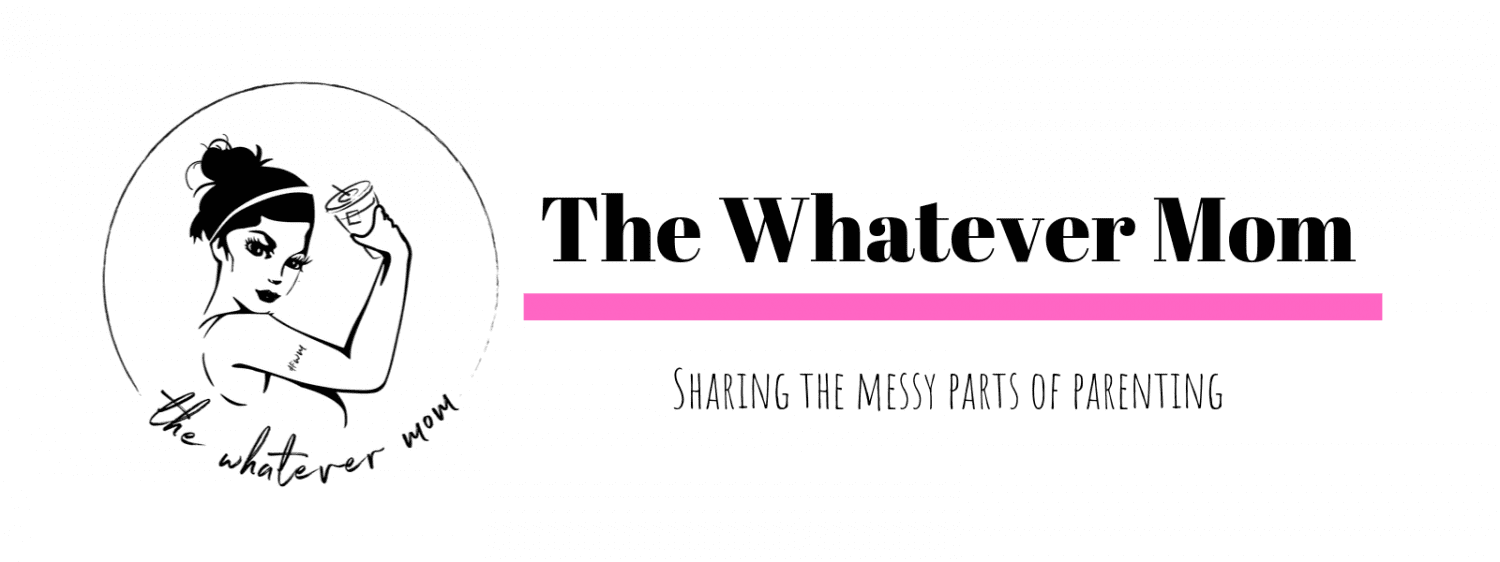
As COVID restrictions are lifting, you may be having mixed feelings about getting together with family members again. For some people, these past 18 months have been a respite from toxic relationships. COVID and mandated social distancing has provided a great excuse to keep distant from family members and provided us with an opportunity to self reflect on those relationships. Now, we have an opportunity to redraw boundaries and make changes that create empowering environments for ourselves and our children.
Within the past 30 years, studies have established that we inherit much more than eye color from our ancestors. We also inherit many neurological and emotional characteristics, such as temper, anxieties, and parenting styles. Intergenerational trauma is passed down as we grow up, rather than when we are born. We take on characteristics from our caretakers, internalize them as our internal dialogue, and then bestow the same inheritance upon our own children. When these habits and traits are harmful physically and emotionally, this is intergenerational trauma or inherited trauma, (IT). As our society learns more about IT, adults today are becoming much more aware of their own emotional well-being and the potential toxicity of their familial relationships. Turning the huge ship of IT around requires a rewrite of your inner dialogue. If you’re a parent, it requires a reflection on your parenting techniques. If your discipline and parenting techniques with your children are the same that you experienced growing up, you are likely continuing the pattern of trauma, whether you realize it or not. To help you through the process of healing from this trauma and changing your learned habits, mental health professionals are readily available through a variety of platforms, apps, zoom calls, or traditional in-person meetings.
I inherited generations of trauma from both sides of my family. As a new mom, I decided 5 years ago that this inheritance of toxic relationships ends with me. I’ve taken parenting classes, read books, listen often to parenting podcasts, see a therapist regularly, and work hard every day to change my inner dialogue. I grew up with fear based parenting; spanking, intimidation, plans cancelled as punishment, beloved items taken away, and a general lack of privacy and trust. When the parenting skills that I inherited ‘pop’ out of my mouth, and I see the looks of fear on my kids, I know I’m going back to old traumatic habits. I remind myself that I’ve got this, seek support from my husband and friends, and review positive parenting resources for skills I may have forgotten. My husband and I are on the same page and check-in regularly with plans and boundaries. When one of us gets triggered, the other will take over the situation without shame or guilt.
Fear based parenting was a popular form of discipline for previous generations of my family, and is still well practiced in today’s society. Studies have shown fear based parenting practices to be damaging to children. It also creates a parent/child relationship that is very difficult to adjust when children become adults due to its authoritarian characteristics. Parenting styles are deeply ingrained in our inner dialogue and are difficult skills to change. Popular alternative parenting styles such as Conscious Discipline and Positive Parenting, all address these challenges in their books and training. There are many parenting coaches in the Hudson Valley to help your family through this change as well.
As we return to social situations, it is important to remember the following responsibilities to our self and our children:
- Our Time and Energy is Valuable: We do not have to spend time with anyone we don’t want to, and nor do our children. Don’t stress about the length of life a toxic relative has. Make your time the priority. Life can be short no matter what age you are.
- Giving hugs is always a choice: You own your body and have a choice who your body comes into contact with. Teach your children positive body image and give them the choices to hug or to just wave. Listen to their words and watch their body language (even as babies); honor their choice to be touched or not.
- Only those who empower you have the privilege of your time: Being a blood relative does not give anyone the authority to belittle, mock, tease, abuse, harass, or harm you. In fact, no other human being has that authority, and blood relatives don’t get special privileges either.
- Set Boundaries: It is your responsibility to communicate to others what you are and are not comfortable with. Others can’t read your mind. If a boundary is crossed, you need to remind and reinforce. As a parent, the responsibility to set boundaries and reinforce them is even more important. For young children, you are their only way of learning how to set and have those boundaries respected.
These changes may seem like a lot of work, but it is absolutely worth it. Living a life with clear communication, boundaries, and empowering relationships will help you blossom into your true self. Bestowing this new inheritance on your kids will give them the tools they need for healthy relationships in all facets of their life. You have the power to heal generations of trauma and stop the cycle with your family.
Get help locating a therapist in your area by searching Psychology Today


